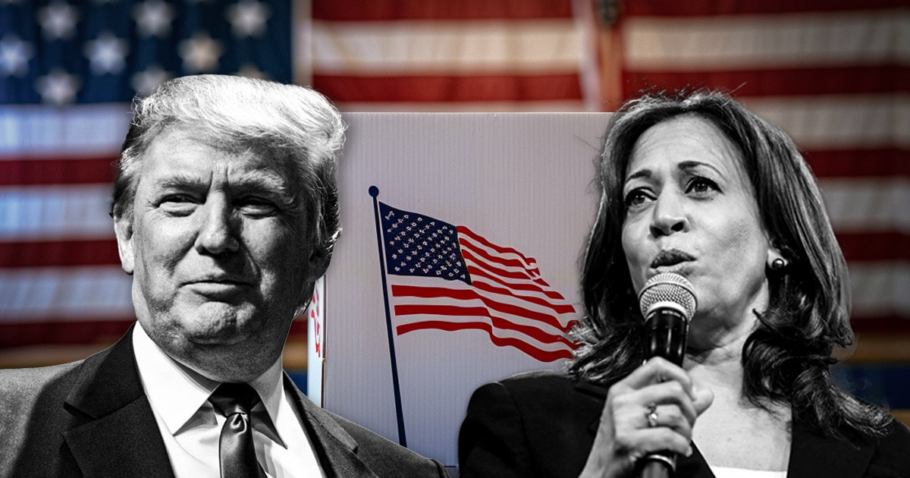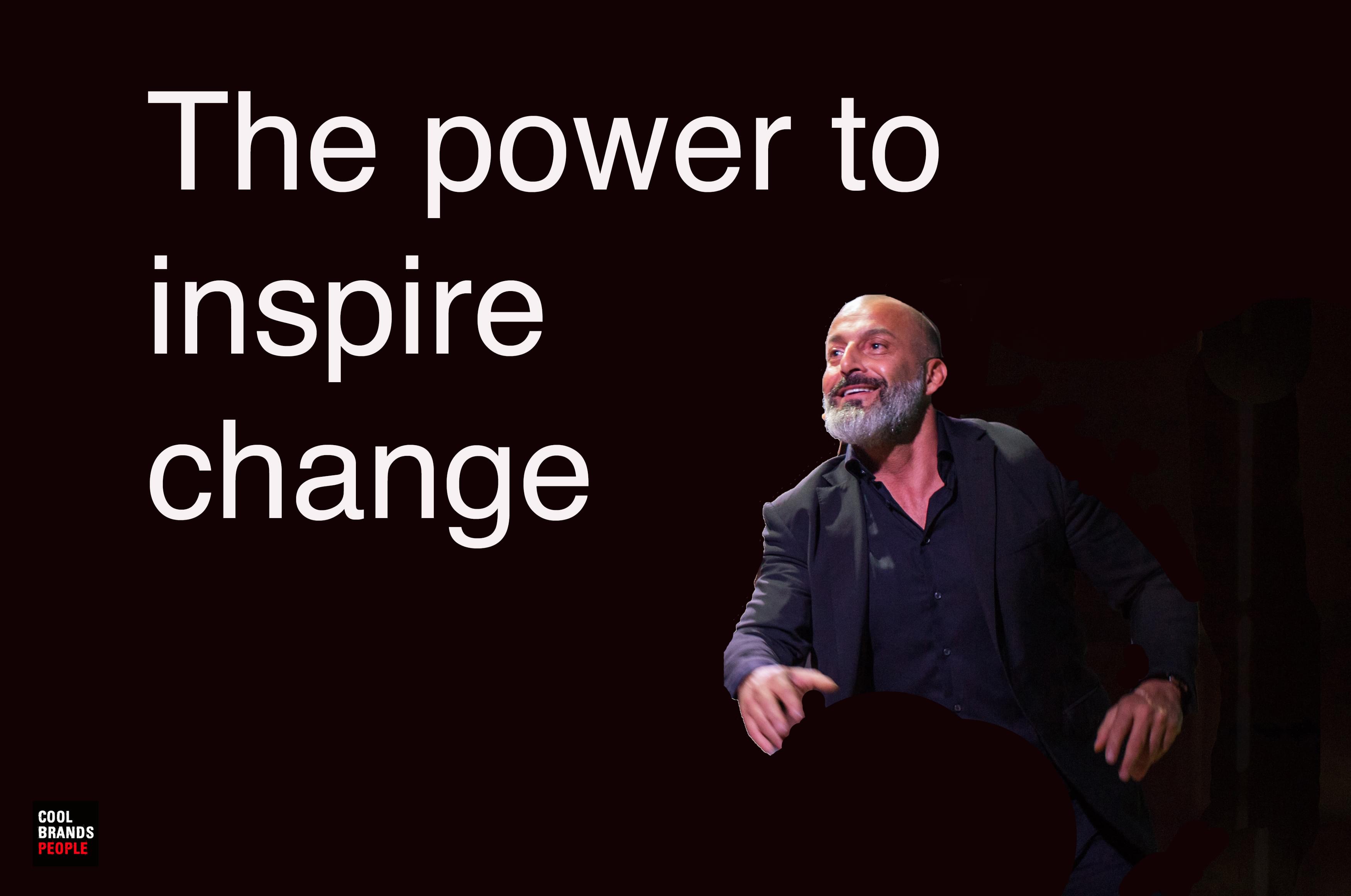Game-changer Kalshi – an MIT betting startup wins big! A groundbreaking legal victory allows Americans to trade on US election outcomes for the first time, potentially reshaping financial markets and political forecasting.
I wanted to explore the Kalshi breakthrough and its possible impact on our businesses, economies, and lives. However, I am more interested in decentralized predictive platforms that could shake up financial and political markets.
Betting in the United States is primarily limited to sports, leaving little room to gamble on other events going on in the world.
Kalshi, which means ‘everything’ in Arabic, wants to change that and is now making a giant leap forward.
Kalshi’s Win: A Seismic Shift in Financial Markets?
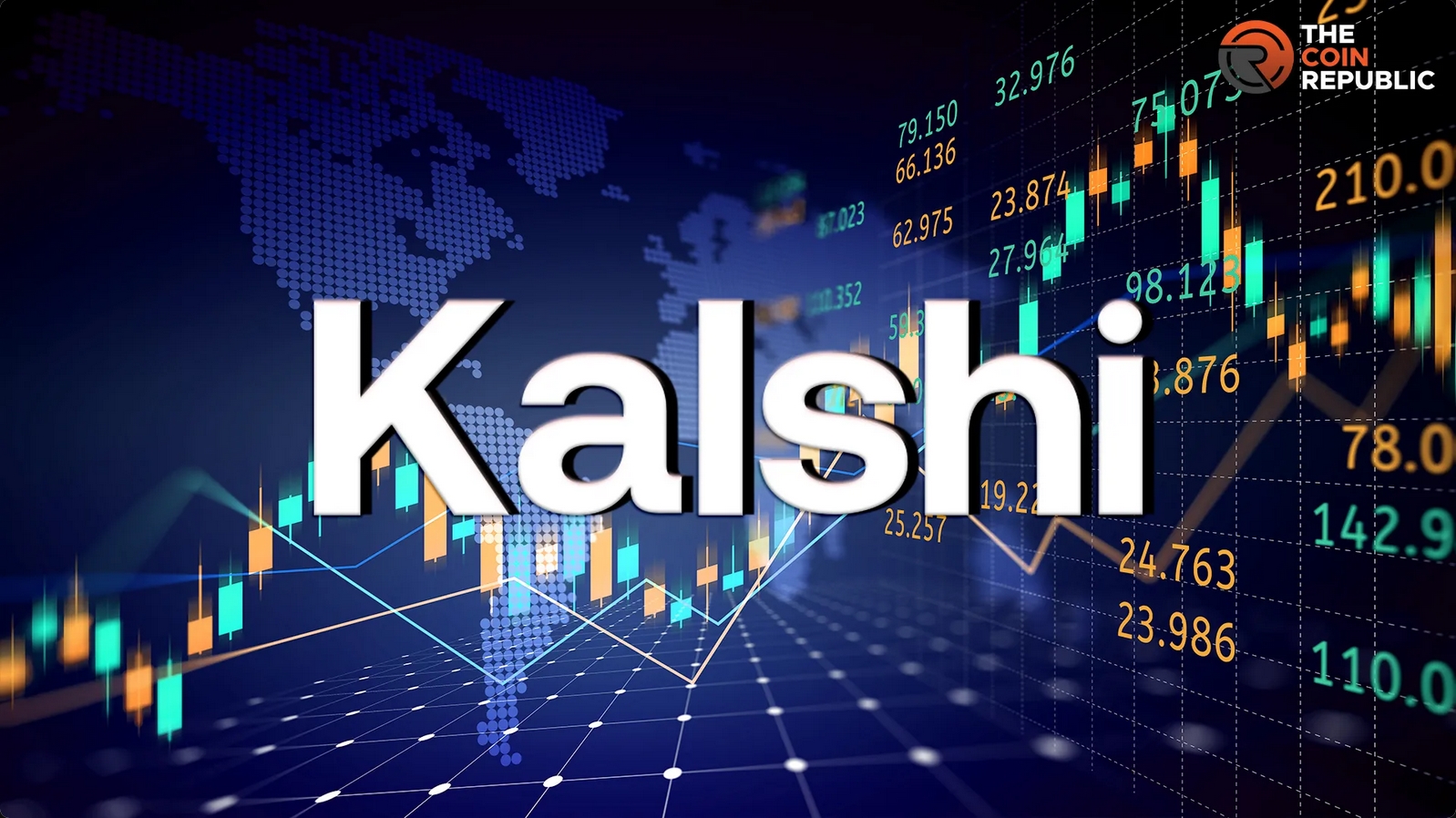
In a landmark ruling on September 6, 2024, a federal judge cleared the path for Kalshi, a regulated prediction market platform, to offer trading on US election outcomes.
This decision marks a seismic shift in American financial markets, allowing citizens to legally wager on political events for the first time in over a century.
Throughout history, humans have been captivated by the desire to predict the future.
From ancient oracles interpreting animal entrails to modern meteorologists forecasting weather patterns, we’ve consistently sought ways to pierce the veil of uncertainty.
This age-old quest has now taken a new form with the emergence of Kalshi, a pioneering platform in the prediction market industry.
Kalshi represents a significant evolution in our approach to forecasting. Unlike traditional methods that rely on expert opinions or complex models, Kalshi harnesses the collective intelligence of its users.
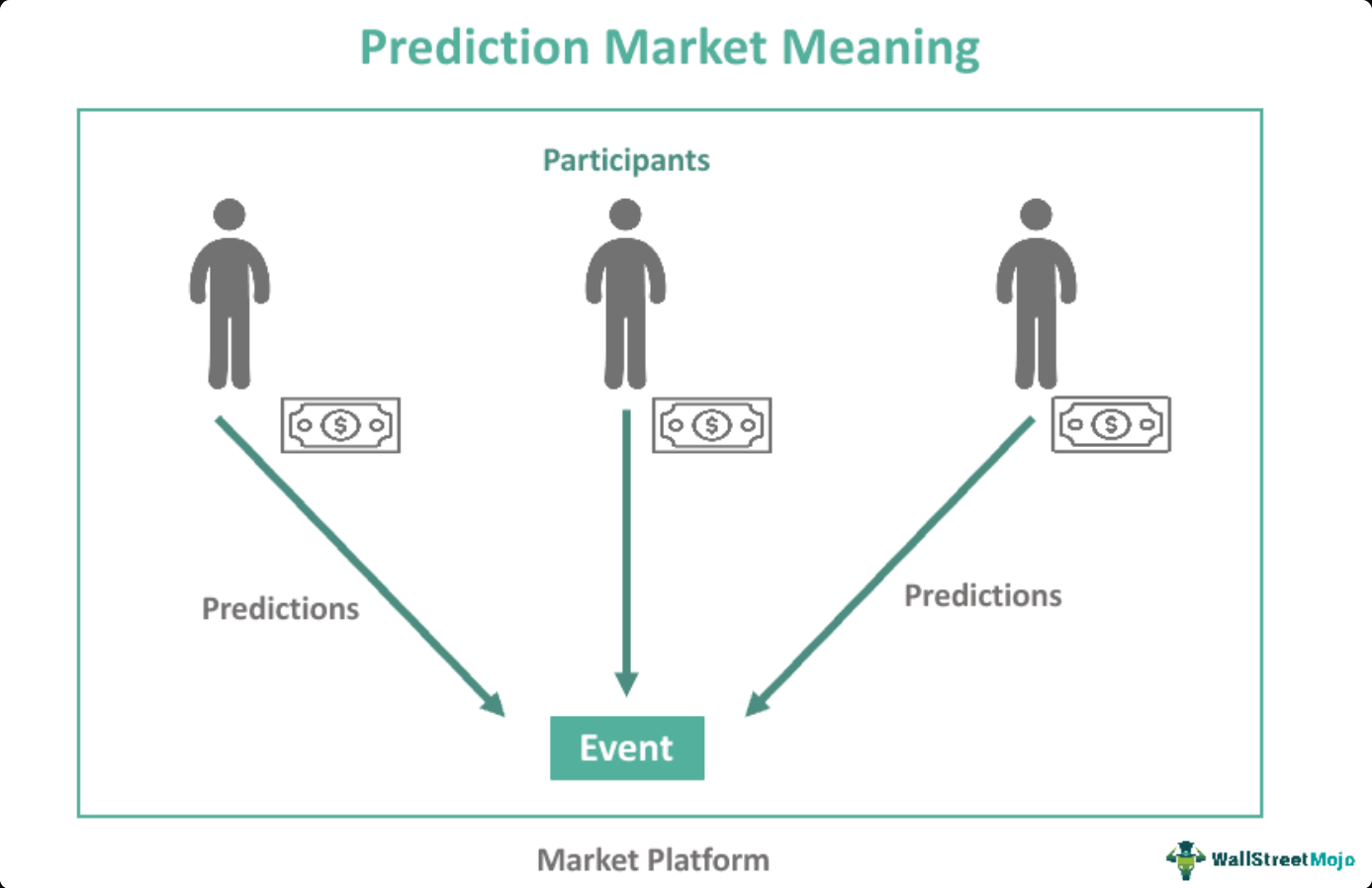
By allowing individuals to trade on the outcomes of real-world events, it creates a market-driven approach to prediction.
This platform isn’t just about satisfying our curiosity about the future; it’s about transforming uncertainty into a quantifiable, tradable commodity.
Kalshi enables users to test their knowledge and intuition, potentially profiting from accurate predictions while contributing to a more precise forecast.
The rise of Kalshi and similar prediction markets marks a democratization of forecasting. No longer is predicting the future the exclusive domain of experts or institutions.
Instead, it’s become an accessible activity for anyone with insight and the willingness to back their beliefs with real stakes.
The Kalshi Breakthrough: Unicorn Potential?
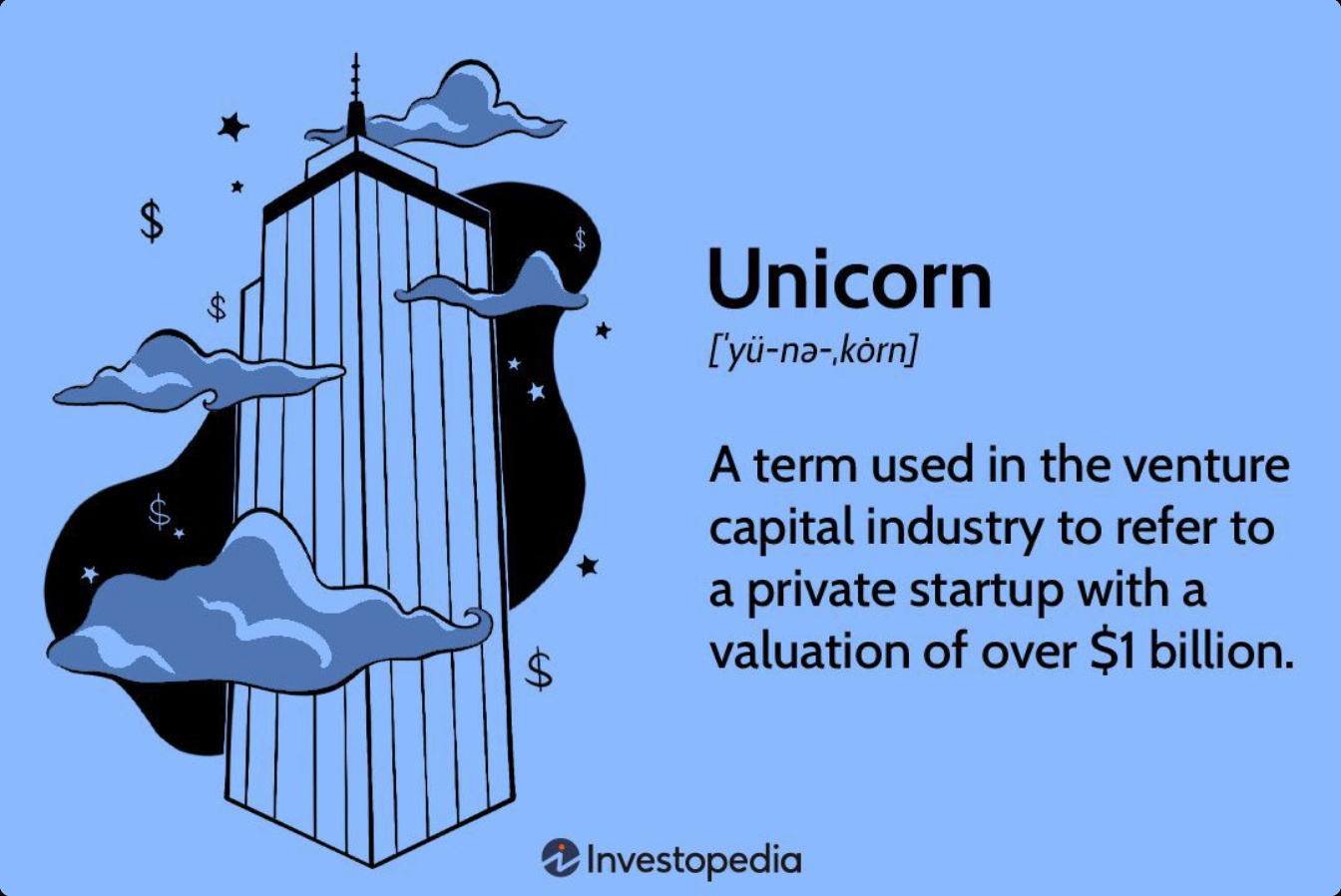
Kalshi, founded in 2017 by Tarek Mansour and Luana Lopes Lara, has positioned itself as a pioneer in the prediction market sector.
The platform enables users to trade on various events, from economic indicators to geopolitical developments.
With this recent legal victory, Kalshi can now expand its offerings to include contracts on congressional control and potentially even presidential elections.
The upcoming US Elections could be Kalshi’s Super Bowl moment. Translated to business and market cap? Kalshi could superscale its user base to 100 million users.
Am I crazy? Remember Zoom‘s subscriber base during the pandemic? It skyrocketed to 300 million users.
In the visual Zoom 2020, when it hit its pandemic peek:
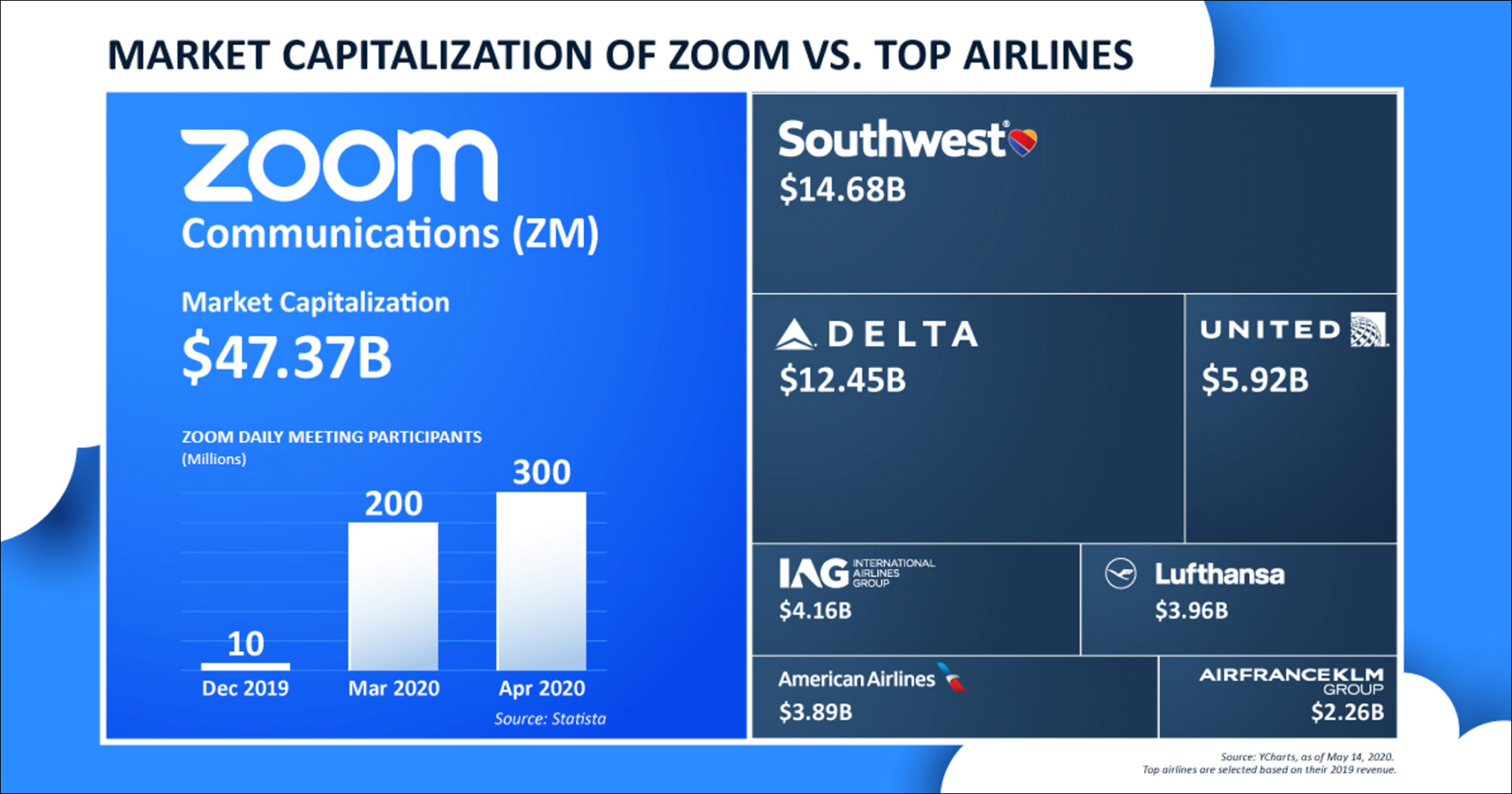
I would not be surprised if Kalshi reached Unicorn status by the end of 2024. A unicorn is a privately held startup valued at over $1 billion. It doesn’t happen often, but venture capitalist Aileen Lee coined the term in 2013.
Regarding Kalshi’s current status:
- As of February 2021, Kalshi was valued at $120 million. This was during its Series A funding round, which Sequoia Capital led.
- Kalshi has raised a total of $38.74 million over 5 funding rounds, the latest of which was a $2.5 million Series A-II round in January 2022.
- The company is still in its growth phase, which was launched in July 2021.
To become a unicorn, Kalshi would need to increase its valuation by over 8 times its last known valuation. This could happen through rapid growth, increased market adoption, or significant additional funding rounds.
Let the Warmongers Push For Peace! Military Expenditure $2.4 Trillion

Let’s hope we make it to the 2024 elections. And that people vote smart.
The woke ideology is beyond scary. So many warmongers are pushing towards World War III. Why more war and weapons and not peace?
Is it their egos, ideologies, money, greed, or power drunk? Or is this part 2 of scaling their depopulation program? Let’s be realistic for a moment. A nuclear war would mean 10x depopulation.
So you can call it a conspiracy, or you can call it a future reality. Are warmongers only pushing for wars to keep the profitable weapon industry going?
Here are some weapons/military industry facts for you:
- According to SIPRI data, total global military expenditure reached $2443 billion in 2023, an increase of 6.8% in real terms from 2022.
- The defense market size is expected to grow from $616.32 billion in 2024 to $772.49 billion in 2028 at a compound annual growth rate (CAGR) of 5.8%.
- The aerospace & defense market size is projected to grow from $985.56 billion in 2024 to $1234.42 billion in 2028 at a CAGR of 5.8%
- The US defense market is projected to rise from $617.29 billion in 2024 to an estimated $651.16 billion by 2032.
- The global military satellite market size was $15.96 billion in 2023 and is expected to grow from $17.14 billion in 2024 to $28.13 billion by 2032 at a CAGR of 6.42
- The US Department of Defense requested a $842 billion budget for fiscal year 2024, representing a 3.2% increase compared to fiscal year 2023.
These facts and figures demonstrate the substantial size of the global weapons/military industry, with total military expenditure reaching over $2.4 trillion in 2023 and various market segments projected to grow significantly in the coming years.
It makes me sick to my stomach. How many innocent children, women, and men do we want to kill for money? Or for hidden demonic depopulation programs?
After the scandemic? The fear of the next big war keeps me awake at night.
Which platform offers us ways to vote for peace?
Kalshi Faces Several Strategic Threats & Potential Future Competition

Beyond the upcoming 2024 US Elections and unicorn potential, Kalshi also faces strategic threats and potential future competition:
Regulatory Challenges:
- The CFTC continues to oppose Kalshi’s efforts to offer election betting contracts, citing concerns about election integrity.
- Ongoing legal battles and regulatory uncertainty could hinder Kalshi’s growth and ability to innovate.
Competition from Established Players:
- PredictIt, which operates under a narrow regulatory exemption, already offers election contracts and has an established user base.
- Despite being barred from U.S. residents, Polymarket has accumulated market share and dominated the space while Kalshi waited for litigation to resolve.
Emerging Decentralized Platforms:
- The rise of decentralized prediction markets powered by blockchain technology could threaten centralized platforms like Kalshi.
- These decentralized platforms may offer increased security, transparency, and resistance to censorship.
Time Sensitivity:
- Kalshi’s success heavily depends on offering election-related contracts well before the actual election date.
- Delays due to regulatory issues could significantly impact Kalshi’s ability to compete effectively in this space.
Public Perception and Ethical Concerns:
- There are ongoing debates about the ethics of betting on political outcomes and its potential impact on democratic processes.
- Negative public perception could limit the widespread adoption of its platform.
Market Volatility and Accuracy:
- The accuracy of prediction markets can be influenced by the quality of information available and the participation of knowledgeable users.
- Inaccurate predictions or market manipulation could damage Kalshi’s reputation.
Integration with Traditional Finance:
- As prediction markets potentially integrate with conventional financial instruments, the company may face competition from established financial institutions entering the space.
User Education and Accessibility:
- The need for user education about prediction markets and ensuring accessibility to a wide range of users could be challenging and resource-intensive for Kalshi.
Potential for New Entrants:
- As the prediction market sector grows, new competitors with innovative features or different regulatory approaches could emerge, challenging Kalshi’s position.
To address these threats, the company must continue innovating, working closely with regulators, educating users, and differentiating itself from traditional and emerging competitors in the prediction market space.
Societal and Business Implications
The legalization of election betting through Kalshi could impact various aspects of society and business:
- Increased Political Engagement: The financial incentive might drive more citizens to stay informed about political events and outcomes.
- Policy Forecasting: Businesses may use these markets to better predict and prepare for potential policy changes resulting from elections
- Media and Information Landscape: News outlets and political analysts might incorporate prediction market data into their reporting and forecast.
Challenges and Controversies
Despite the potential benefits, Kalshi’s victory faces ongoing challenges:
- Regulatory Pushback: The Commodity Futures Trading Commission (CFTC) has filed an emergency motion to stay the decision, citing concerns about election integrity.
- Ethical Considerations: Critics argue that monetizing election outcomes could lead to manipulation or undue influence on the democratic process.
Competition and Market Dynamics: Other platforms like Polymarket may seek to enter the US market, potentially leading to a competitive and complex regulatory landscape.
Kalshi CEO in Podcast on Inventing New Markets
Kalshi, Co-Founder & CEO Tarik Mansour, joins Oliver Renick to discuss “event trading” and predictive markets. From politics to pop culture, hear how Kalshi offers a new avenue for investors.
I hope the interview gives you more profound future foresight.
The Road Ahead for Kalshi
The financial and political worlds watch with bated breath as the startup prepares to launch its election contracts. The platform’s success could usher in a new era of financial products and reshape how we understand and interact with political events.
While the long-term impact remains to be seen, one thing is clear: Its legal victory has opened the door to a fascinating experiment in the intersection of finance, technology, and democracy.
Popular Relevant Links:
- Kalshi’s Official Website
- Unveiling the future – The Coin Republic
- Kalshi’s Business Breakdown – Contrary Research
- Bloomberg’s Analysis of Prediction Markets
By embracing this new frontier of financial markets, Kalshi is betting not just on elections but on the future of finance itself.
As we approach the 2024 elections, all eyes will be on this innovative platform and its potential to reshape our understanding of political forecasting and market dynamics.
What’s your opinion? I would love to read your vision in the comments below.
Get Access To My Uncensored Voice of Reason
We all know the mainstream media is full of propaganda and bribed journalism. Big Tech makes it even worse with its content censoring, fake fact-checkers, and fading social channels to black.
Should I add #fansonlease, walled gardens, and squeezing artists like lemons to the toxic social media list?
Subscribe to Math Man Magazine – my uncensored voice of reason – in your mailbox for free!
In my newsroom, you can see me in action with Sir Richard Branson, Novak Djokovic, and Max Verstappen. Here, you can also watch interviews, podcasts, and backstage content.
About the Author
In the spotlights, Igor Beuker is a top marketing innovation keynote speaker and futurist known for his foresight on trends and technologies that impact business, economy, and society. Behind the scenes, a serial entrepreneur with 5 exits and an angel investor in 24 social startups. Board member at next-level media firms, changemaker at Rolling Stone Culture Council, Hollywood sci-fi think tank pioneer, award-winning marketing strategist for Amazon, L’Oréal, Nike, and a seer for Fortune 500s, cities, and countries.
Related Posts
MONTHLY MEMBER SPECIAL

